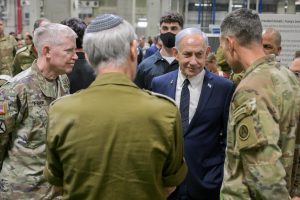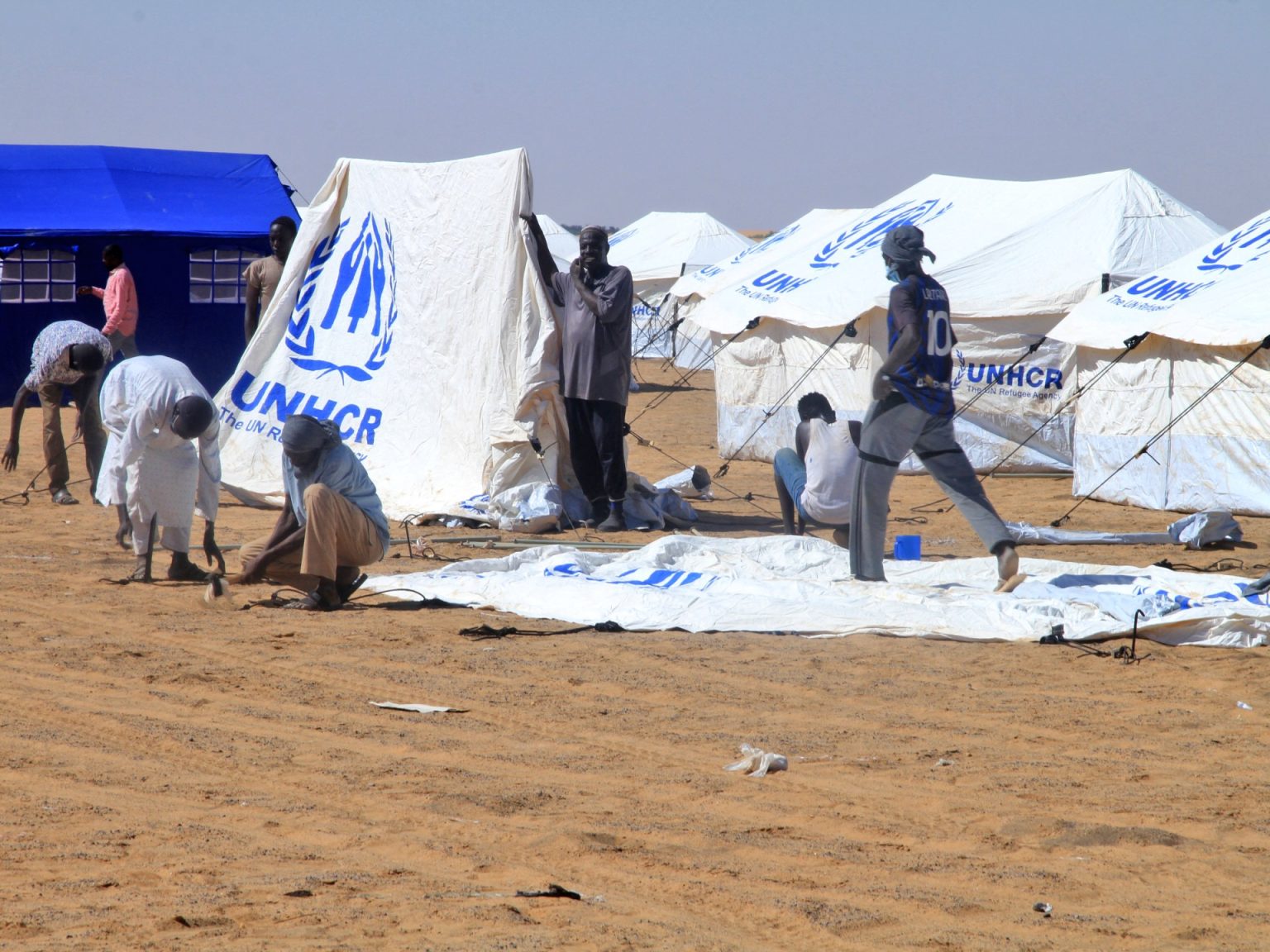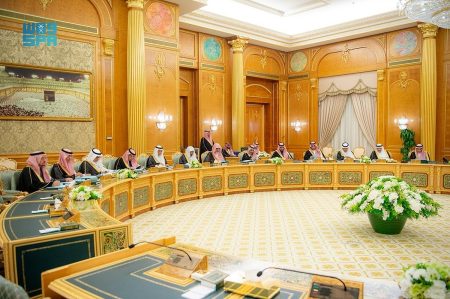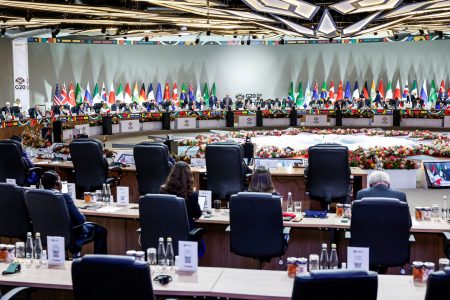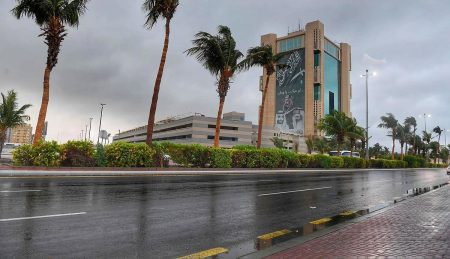The situation in Sudan remains deeply volatile, with ongoing conflict between the Sudanese Armed Forces (SAF) and the Rapid Support Forces (RSF). Despite international efforts to mediate a ceasefire and establish a path towards peace, both sides have reportedly rejected a new US proposal aimed at ending the fighting. This article will delve into the details of the rejected plan, the Sudanese government’s response, and the continuing military clashes, particularly focusing on the السودان حرب أهلية (Sudan Civil War) and the escalating humanitarian crisis.
رفض مقترح أمريكي لإنهاء الحرب في السودان (Rejection of US Proposal to End the War in Sudan)
The United States, through its senior advisor for African Affairs, Masad Boulus, revealed that a comprehensive plan to halt the conflict was presented to both the SAF and the RSF. However, neither party has accepted the terms. Boulus indicated the plan included a proposed humanitarian ceasefire, but ultimately, both sides demanded modifications to the original text, specifically the SAF wanting the plan accepted in its original form and the RSF offering preconditions. This rejection casts a shadow over recent diplomatic initiatives and highlights the entrenched positions of the warring factions.
The US proposal, building on earlier efforts by the Quad (Saudi Arabia, the UAE, the US, and IGAD), reportedly included a three-month ceasefire and a stipulation for the exclusion of both the current government and the RSF from the post-conflict political landscape – a condition the SAF has consistently opposed.
موقف الحكومة السودانية والرفض الرسمي (Sudanese Government’s Position and Official Rejection)
The Sudanese Ministry of Foreign Affairs has affirmed its commitment to achieving a comprehensive and just peace that preserves Sudan’s sovereignty, unity, and territorial integrity. However, Khartoum has simultaneously expressed openness to all serious initiatives aimed at ending the war.
Sudanese Minister of Culture and Information, Khaled Al-Eisir, characterized the US announcement as a political maneuver that doesn’t reflect the reality on the ground. He specifically dismissed statements made by RSF commander Mohamed Hamdan Dagalo (Hemedti) regarding a ceasefire, labeling them a “deceptive attempt to mislead the international community.” Al-Eisir pointed to the RSF’s ongoing siege, starvation tactics, and shelling of civilians, particularly in Al-Fashir and Bara, as evidence of their lack of commitment to peace. The government insists that any genuine ceasefire must be accompanied by verifiable actions demonstrating a commitment to protecting civilians and allowing humanitarian access.
تصريحات البرهان وتأثيرها (Al-Burhan’s Statements and Their Impact)
Masad Boulus, the US advisor, stated he would refrain from commenting on statements made by General Abdel Fattah al-Burhan, the head of the Sudanese Sovereignty Council and commander of the SAF, deeming them based on “misconceptions.” This suggests a growing frustration within the US administration regarding the information being disseminated by the SAF and its potential impact on diplomatic efforts. The lack of direct engagement with Al-Burhan’s claims further complicates the already challenging situation.
تطورات عسكرية ميدانية (Field Military Developments)
Despite the stalled peace talks, military confrontations continue across Sudan, particularly in the Kordofan region. The SAF has reported thwarting an RSF attack on Brigade 22 in Babnusa, West Kordofan state. According to military sources, the SAF destroyed an ammunition depot and neutralized artillery targeting the brigade.
Over the past few days, the SAF has claimed to have repelled several RSF attacks on Babnusa, utilizing artillery fire, drone strikes, and combat vehicles. A recent statement from the SAF detailed the successful defense of Brigade 22, claiming to have inflicted heavy losses on the RSF in terms of personnel and equipment. They also reported seizing and destroying enemy vehicles, and eliminating several RSF field commanders and hundreds of mercenaries.
Furthermore, SAF forces, supported by allied troops, have conducted extensive combing operations west of Al-Ubayyid in North Kordofan. The ongoing clashes in the Kordofan states – North, West, and South – are a significant component of the broader أزمة السودان (Sudan Crisis) that erupted in April 2023.
الوضع الإنساني المتدهور (The Deteriorating Humanitarian Situation)
The continued fighting has exacerbated the already dire humanitarian situation in Sudan. The conflict has resulted in the deaths of tens of thousands and the displacement of approximately 13 million people. The RSF currently controls all five states of the Darfur region, with the exception of some northern parts of North Darfur still held by the SAF. The SAF maintains control over most of the remaining 13 states in the South, North, East, and Central regions, including the capital, Khartoum.
The scale of displacement and the disruption of essential services have created a critical need for humanitarian assistance. Access to affected populations remains a major challenge, with both sides accused of obstructing aid deliveries. The international community is increasingly concerned about the risk of famine and the long-term consequences of the conflict on Sudan’s stability and development. The escalating أزمة اللاجئين السودانيين (Sudanese Refugee Crisis) is also placing a strain on neighboring countries.
الخلاصة (Conclusion)
The rejection of the US proposal represents a significant setback in efforts to resolve the السودان حرب أهلية (Sudan Civil War). The ongoing military clashes, particularly in Kordofan, and the deteriorating humanitarian situation demand urgent attention. While the Sudanese government maintains its commitment to peace, it insists on a solution that respects Sudan’s sovereignty and addresses the root causes of the conflict. The international community must continue to engage with both parties, pushing for a genuine ceasefire and ensuring unhindered humanitarian access to alleviate the suffering of the Sudanese people. Further dialogue and a renewed commitment to finding a peaceful resolution are crucial to prevent a further descent into chaos and avert a catastrophic humanitarian disaster.


